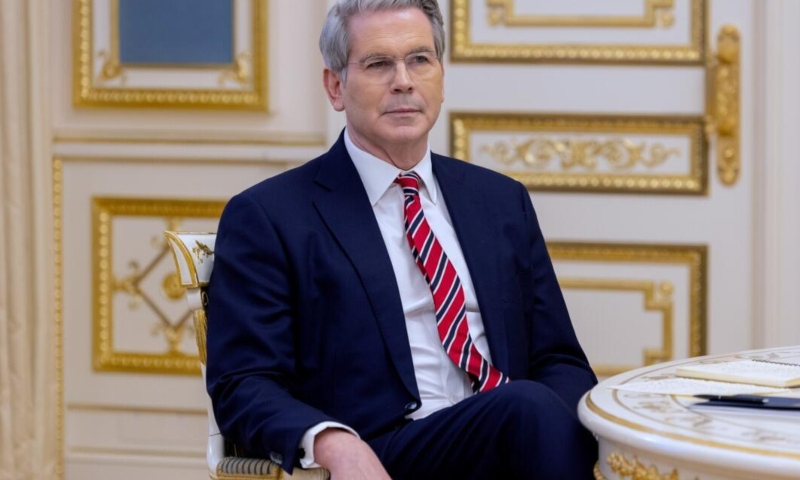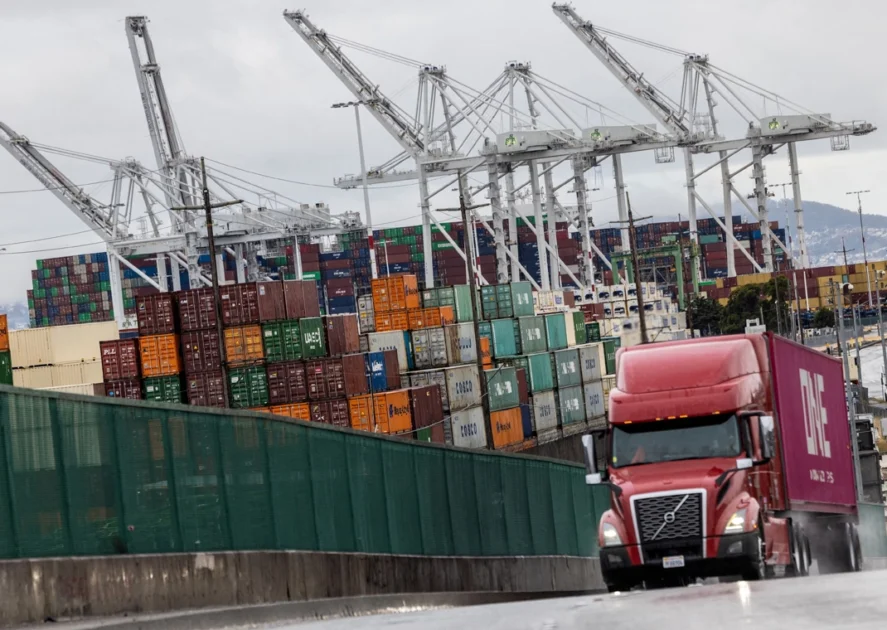- AFP
- 7 Hours ago

Record tax increases ignite unrest in Pakistan amid IMF economic reforms
-

- Web Desk Karachi
- Oct 08, 2024

Protests have erupted across Pakistan in response to rising taxes linked to a $7 billion bailout from the International Monetary Fund (IMF). Initially, reaching an agreement with the IMF appeared inevitable as the country faced rampant inflation, dwindling foreign currency reserves, and various economic challenges threatening it with default.
However, securing the funds was perhaps the easier part. The details of the IMF programme, which include an unprecedented 40% increase in taxes, have led to widespread alarm throughout the nation, reported Bloomberg. Power prices have tripled for some consumers, while milk prices in Karachi have exceeded those in Paris. Many citizens now devote over half of their income to food, with essential items ranging from rice to shoes becoming increasingly unaffordable for a rapidly diminishing middle class.
Prime Minister Shahbaz Sharif, whose coalition government has been in power for only seven months, is calling for patience from a populace that is struggling to cope. Following years of turmoil, including political unrest and catastrophic floods causing billions in damages, Pakistan has faced ongoing crises. At one point, it recorded Asia’s highest inflation rate. Though consumer prices have eased somewhat this year, basic necessities continue to impose severe burdens. Meanwhile, earnings have stagnated, and purchasing power has effectively halved over the past five years. Last fiscal year, inflation averaged around 23%, outpacing the typical salary increases of 5% to 10% for many of Pakistan’s daily wage workers, according to government data.
In a recent interview with a local media outlet, Finance Minister Muhammad Aurangzeb acknowledged the “transitional pain” associated with the IMF bailout, asserting that structural reforms are essential to ensure this is the last program of its kind. The IMF has also defended the terms of the agreement, noting improvements in Pakistan’s economic metrics over the past year and the need to sustain this progress.
An IMF spokesperson emphasized the importance of pursuing reforms that will bolster stability and enhance living standards for low- and middle-income families. A critical question now is whether the Pakistani populace will accept the higher tax rates or mobilize for another change in government. Demonstrations against Sharif and the political establishment, which many citizens believe has exploited them for years without delivering benefits, are becoming increasingly common. This latest IMF program, finalized just two weeks ago, marks Pakistan’s 25th time seeking bailout assistance since gaining independence.
Moody’s Ratings has cautioned that ongoing social unrest stemming from the high cost of living could complicate Pakistan’s ability to implement the IMF’s agreed-upon reforms. In addition to the 40% general tax hike, officials plan to raise taxes on agricultural income and retail sectors as well.
Businesses are also expressing dissatisfaction. Pakistan’s current corporate tax rate of approximately 30% is among the highest globally, and exporters, who were previously shielded by favourable government policies, are now facing tax rates that have surged from 1% to 29%. In response, eighteen export associations have taken out full-page advertisements in major newspapers to protest the changes.
To adapt, multinational corporations have turned to ‘shrinkflation’, reducing the quantities of products they offer, such as yogurt and diapers from Nestle SA and Procter & Gamble Co., as well as introducing smaller water bottles by PepsiCo’s Aquafina. Additionally, bread is now sold in smaller loaves, including a four-slice option.
Car sales have plummeted to the lowest levels seen in twenty years, the cost of air conditioners has doubled in the past two years, and the country’s most talented individuals are leaving at unprecedented rates. Despite the expectation that the new taxes will help ease inflation, analysts predict that Pakistan’s economic slowdown will persist.





